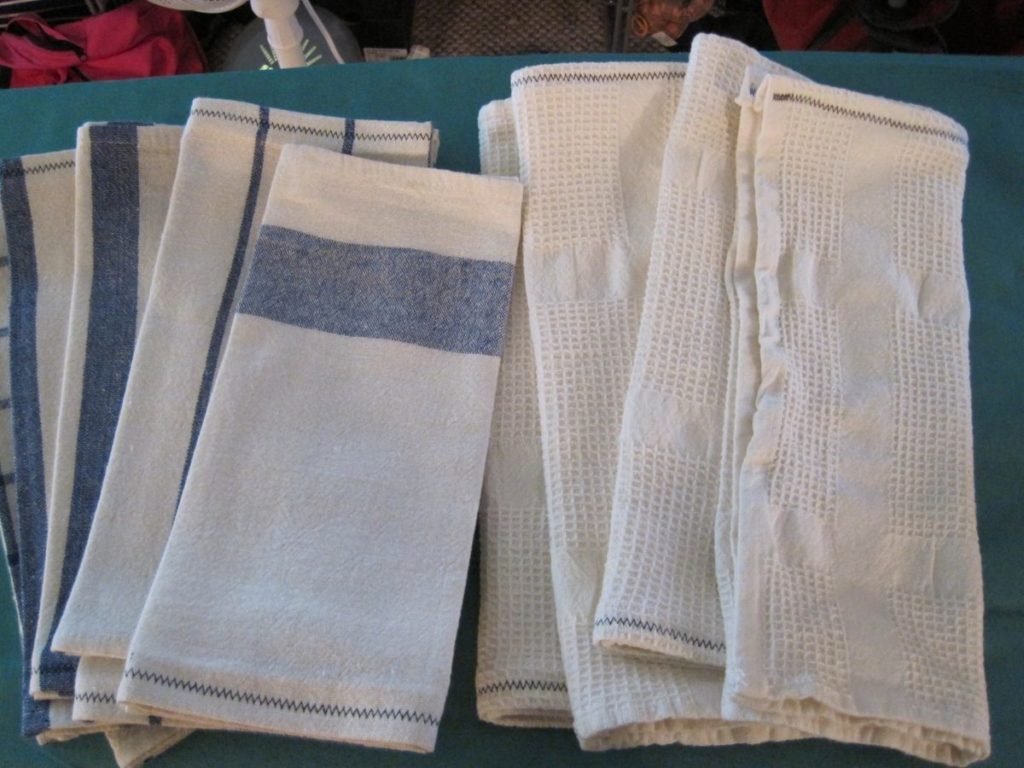I spent a month in Europe in 1998, doing research for a novel I was planning to write (and still plan to finish). The trip brings back memories, some delightful and others regretful. Often, both had to do with language. I really only speak one language. Even then, I often meet English words I do not know, and it humbles me.
So, before I set off, I memorized a few set phrases in French and German, some having to do with negotiating food and lodging, and others to get a sense of where things were in relation to each other. I had good days with this and bad.
In Paris, I told a laundromat attendant, “Vous êtes très gentil.” (“You are very nice/kind.”). In hindsight, this was inappropriate, and he looked at me with consternation, which was appropriate. I must have come off as insulting, or maybe he thought I was trying to pick him up.
I did frequently meet people who spoke English. When I fumbled at speaking French to a Parisian shopkeeper, she instantly switched to English and sensibly observed that it made no sense for both of us to try speaking French when I was clearly struggling. In Germany, I went to a dry cleaner and started the conversation in German well enough, but when I could not remember the word for Thursday (?!), she also switched to English.
In Ulm, Germany, I entered an upscale restaurant without a reservation and, I might add, not dressed up. I embarrassed myself further by saying, “Ich habe klein Deutsch.” I was trying to say that I “have” “little” German, but some form of the verb “sprechen” (“to speak”) might have been more adroit. Besides, while the word “klein” does mean “little,” “wenig” was the more appropriate word for “little” in this context.
At least the maître d’ in Ulm ignored my bad grammar. In general, I found that the French were apt to switch to English or just stop talking to me, while Germans and Austrians—perhaps, especially younger ones—eagerly corrected my bad German. In Berlin, a police officer I asked for directions corrected my pronunciation of “Strasse.”
All of my hotels were booked by a travel agency, and while some of them were in the city I wanted to explore, the one near Geneva was in the middle of nowhere. I had to take a commuter train from Geneva and then a shuttle to reach it. After one night, I checked out and received a complimentary ride back to the train station. As I looked out the window at the rustic scenery, I asked the driver how far we were from the French border. He apologized in French for not understanding me, so I went into my mental file and came out with, “Quelle est la distance de . . . France?”
“France?” he said glancing at me over his shoulder. He pointed out the windshield at the massive Alps looming before us. “La France est là!” (“France is there!”)
Back in Geneva, I found a hotel on the right bank where my small window gave a charming view of baroquely gabled rooftops. Nearby, I found a bistro run by men who spoke French, Italian, and Spanish but no English or German. They did, however, have printed menus in English. The second time I ate there, it was so crowded that I was seated at a table with a couple whose native language was German. They spoke very good English, too, but no French, and even with English menus in hand, they still had questions.

“Is this wine dry?” the woman asked in English. She pointed to the name of a wine on the menu, but the waiter could not comprehend what she wanted to know about it.
I said, “Sec?” making an attempt at a questioning facial expression.
“Ah, non,” said the waiter. “Douce.”
“It’s sweet,” I interpreted to my tablemates.
In this way, I succeeded in helping the couple give their orders, though it seemed odd that I, of all people, was cast in the role of interpreter that day.
In Berlin, I was standing in line at a food van. When it was her turn, the American woman in front of me ordered her food but then held up the line by demanding louder and louder that the non-plussed server give her “a napkin. Napkin!” Now, American tourists should be advised that many Europeans still acquire British—not American—English as their second language, and in British English, “napkin” means “diaper.” (I imagined the customer being handed a Depends.)
To head off an international incident—as well as to get my own order in, I waved at the male server, pointed at the woman, and said, “Serviette,” which is the French word—the British use it, too—for the thing used to wipe stray morsels from one’s mouth. The man gave the customer what she had asked for, but I surmised that the part that my intervention had played was lost on her, so I forgave a fellow ugly tourist for not thanking me for my assistance.

Share this post with your friends.


I really enjoyed your experience. Thanks sharing it with us!